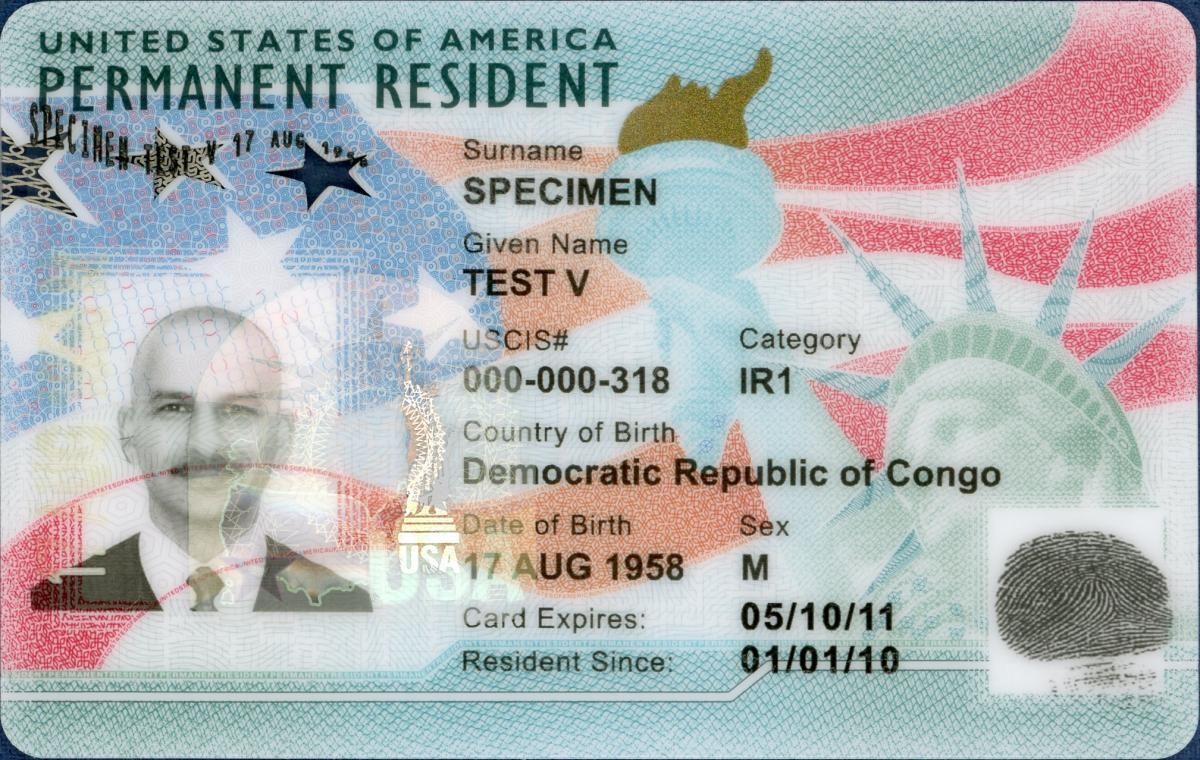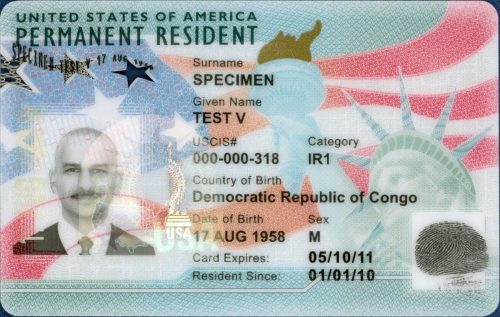
Amid ongoing DHS review, reverts to policy in place before Trump’s 2019 public charge rule.
Former President Donald Trump’s 2019 public charge rule aimed at limiting green cards for those likely to accept public benefits has been finally scrapped with the Biden administration no longer defending it before the courts.
Announcing the new administration’s decision Tuesday, DHS Secretary Alejandro N. Mayorkas noted that with the withdrawal of its appeals before courts “the policy that was in place before the 2019 public charge rule is now in effect.”
Defending the 2019 rule “is neither in the public interest nor an efficient use of limited government resources,” he said justifying the decision.
RELATED: Supreme Court nixes Trump’s ‘public charge’ rule (March 10, 2021)
“The 2019 public charge rule was not in keeping with our nation’s values. It penalized those who access health benefits and other government services available to them,” Mayorkas stated.
“Consistent with the President’s vision, we will continue to implement reforms that improve our legal immigration system,” he added.
Biden’s Executive Order on Restoring Faith in Our Legal Immigration Systems and Strengthening Integration and Inclusion Efforts for New Americans called for an immediate review of agency actions on inadmissibility and deportability based on the Trump era rule, Mayorkas stated.
DHS’s review, in consultation with the Departments of Justice and State and the federal benefits-granting agencies, is ongoing.
READ: Federal judge in New York blocks the public charge rule (October 11, 2019)
“As discussed in DHS’s litigation statement, and consistent with the government’s decision not to defend the rule, the Department of Justice is no longer pursuing appellate review of judicial decisions invalidating or enjoining enforcement of the 2019 public charge rule,” Mayorkas stated.
Department of Justice dismissed its pending appeals in the Supreme Court and Seventh Circuit Tuesday, and is in the process of doing so in the Fourth Circuit, Mayorkas said.
Following the Seventh Circuit dismissal this afternoon, the final judgment from the Northern District of Illinois, which vacated the 2019 rule, went into effect, he noted.
READ: Which Public Benefits can constitute Public Charge for green card applicants (August 19, 2019)
“As a result, the 1999 interim field guidance on the public charge inadmissibility provision (i.e., the policy that was in place before the 2019 public charge rule) is now in effect,” Mayorkas said.
The Supreme Court last month agreed to hear challenges to the 2019 rule by a number of states and advocacy groups that argued it amounted to a wealth test for immigrants.
Under current regulations put in place in 1996, the term is defined as someone who is “primarily dependent” on government assistance, meaning it supplies more than half their income.
But it only counted cash benefits, such as Temporary Assistance for Needy Families or Supplemental Security Income from Social Security.
The Trump administration’s rule widened the definition of who is expected to be dependent on the government by including more benefit programs.
READ: New Public Charge rule likely to cause further delays in green cards for Indians (August 15, 2019)
Legal Aid Society, Catholic Legal Immigration Network Inc. and others who had challenged the rule described it as “an invisible wall in the form of a wealth test that discriminated against people on the basis of race as a condition for regularizing their immigration status.”
“And because of the public charge rule, immigrant families have been living in fear of using essential benefits like healthcare, despite serving as frontline workers who have been among those hardest hit by Covid-19,” they said.



